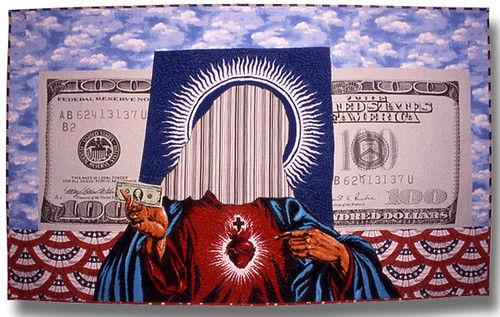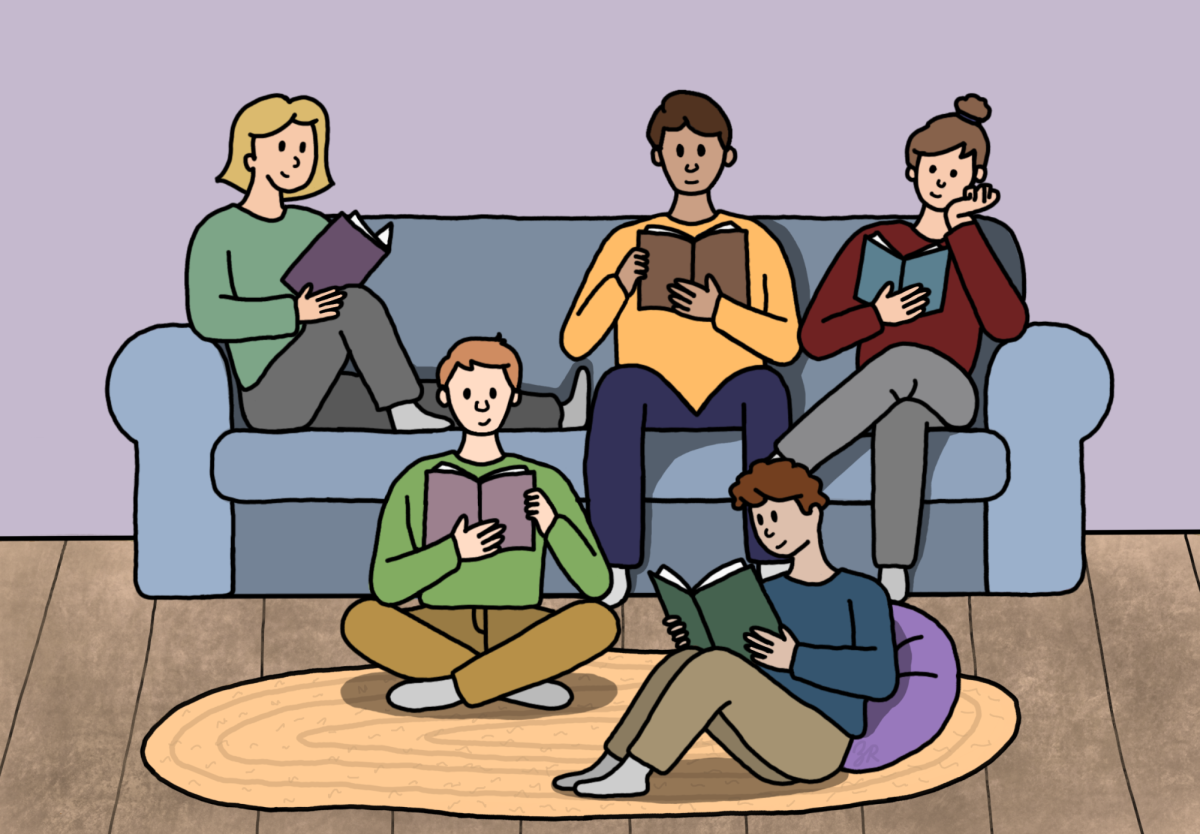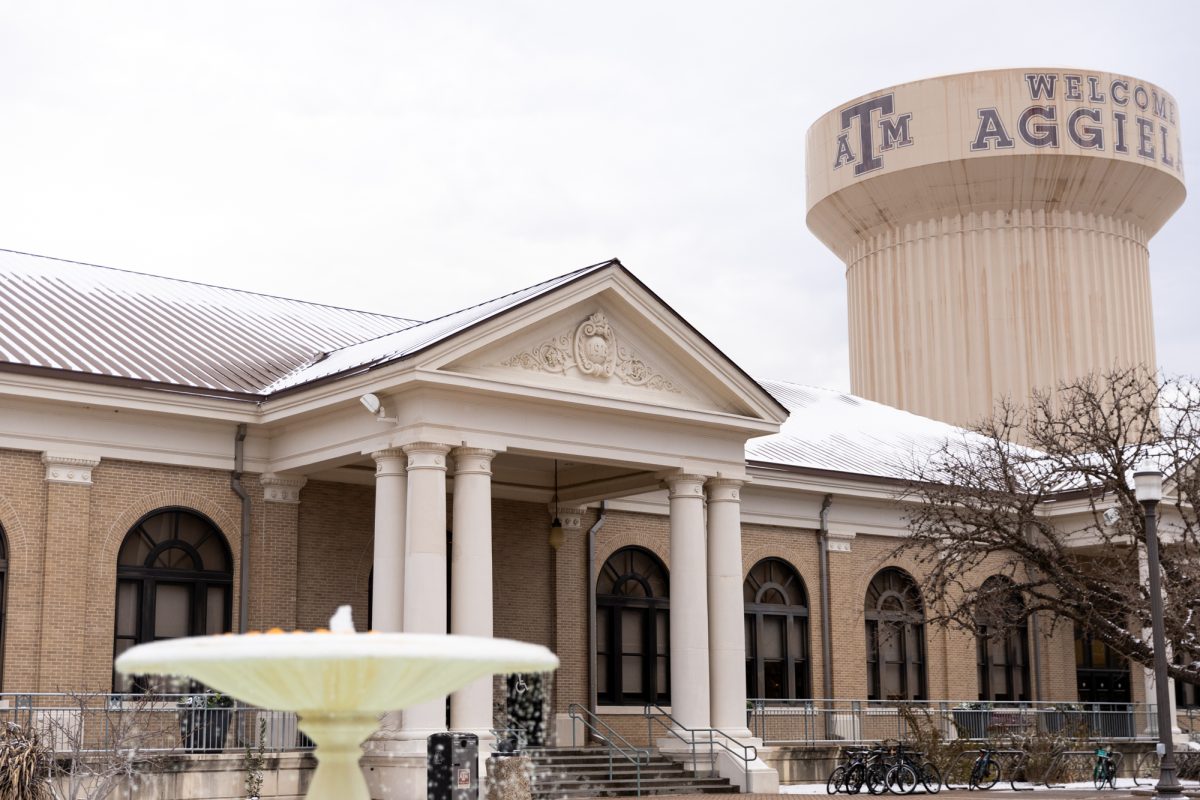“No, I don’t think it’ll happen again,” my classmate “Kyle” scoffed when I asked him about the prospects of another 2008 financial crisis. We had just finished a group exercise and were passing the time through small talk. “The market is self-correcting,” he continued. “What happened in 2008 was so unique, I don’t think anything like it will ever happen like that in our lifetimes.” I still remember his ironclad conviction, exuding a confidence that almost seemed to dare challenge.
But as the coronavirus crisis has unfolded, it seems “the market,” like one of Terah’s statues, cannot save itself.
However, that’s not what I want to focus on in this piece.
The fact is, Kyle’s impassioned homily on the free market spurred me to look back on my time at Mays Business School. In class, around the 50th time I heard of a new start-up trying to “change the world,” it seemed to me that I was not listening to educational lectures, but a sermon, and I was not a believer.
Throughout my classes, instructors continuously fed me the underlying notion that the best way to solve problems was through the discourse of business: social entrepreneurship, impact investing and corporate philanthropy. In all my classes, they regaled us with the tales of legendary entrepreneurs. Jeff Bezos, whose “disruptive innovation” of Amazon has built a nearly trillion-dollar company, was characterized as the paragon of entrepreneurship. We did not address, curiously, how Amazon treats its workers.
But this lionization of successful entrepreneurs is not unique to my curriculum at Mays. It is a reflection of a more significant movement that characterizes market thinking and by extension, those who have capitalized on it (i.e. billionaires), as the most effective in addressing problems. Even if those problems are not business-related.
Do you want to help poor people? Just design an app that squirrels away some of their earnings for rainy days to help them in a volatile gig economy. Want to empower women in the workplace? Well, according to billionaire Sheryl Sandberg, patriarchy is simply a posture problem: “lean in.”
Corporations love these skin deep solutions. While signaling their concern for such issues, they absolve themselves the systemic change needed to fundamentally address them. “It’s a win-win,” one of them might say, quoting one of the most sacred truisms of the business world. I would argue if one wanted to help women in the workplace, why not try to expand maternity leave and universal childcare? Well, the problem in those solutions is the latter costs money and structural change, while the former is free.
The sanctification of this type of thinking called “MarketWorld” — a term coined by Anand Girhidaradas in his New York Times bestselling book, “Winners Take All” — has been the fruit of decades of proselytization from the country’s elite. They have succeeded in branding a self-serving ideology into a widely accepted doctrine.
The deification of MarketWorld has always struck me as particularly odd, especially from religious conservatives. Indeed, the spectacle of economic policy sublimating belief as a primary worldview speaks to an inversion of faith, and was on display with avowed Evangelical Lt. Gov. Dan Patrick’s now infamous remarks. To his defense, the ramifications of a crippling shutdown are certainly not baseless. But the cold calculation of human life in this instance reminded me of Oscar Wilde’s critic who knows “the price of everything, and the value of nothing.”
This COVID-19 crisis has laid bare the problems of adopting a market-first approach to all our troubles. It is a wake-up call that has me agreeing with Giridharadas. Any solution that genuinely changes the world needs to satisfy four criteria: it must be “public, universal, democratic and institutional.”
Looking back, I wonder about Kyle. Does he believe the market to still be omniscient? Was he out cavorting on the beaches in the Gulf, thinking it’s all a hoax? Or maybe he’s risking his health for us in pilgrimage to holy Wall Street, beseeching the charging bull to end the economy’s suffering?
Traveling to New York will be hard right now, but perhaps “the invisible hand” can guide him.
Free market theosis
April 13, 2020

Photo by Creative Commons
Based on experiences in graduate courses and the coronavirus crisis, opinion writer Osama Qureshi criticizes free market fundamentalist thinking.
0
Donate to The Battalion
$2065
$5000
Contributed
Our Goal
Your donation will support the student journalists of Texas A&M University - College Station. Your contribution will allow us to purchase equipment and cover our annual website hosting costs, in addition to paying freelance staffers for their work, travel costs for coverage and more!
More to Discover









